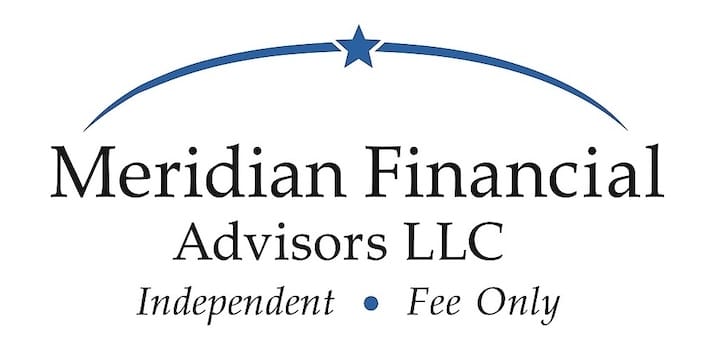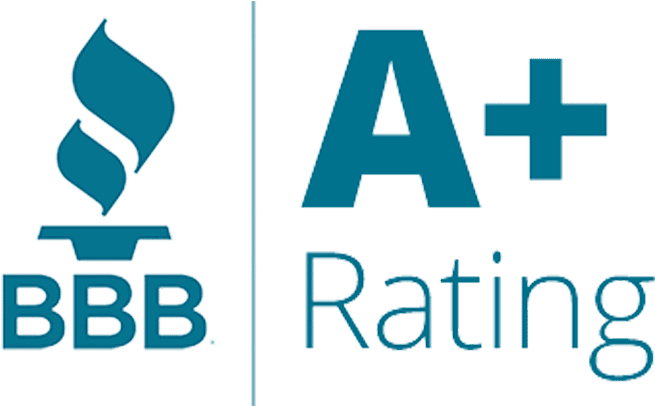In today’s world, healthcare costs are rising steadily. This can make it difficult to save for unexpected medical expenses. Fortunately, there is a tax-advantaged account that can help you save for healthcare costs: the Health Savings Account (HSA).
What is an HSA?
An HSA is a savings account that allows you to set aside money to pay for qualified medical expenses. Contributions to HSAs are tax-deductible, and withdrawals are tax-free when used for qualified medical expenses. HSAs can be a valuable tool for people who want to save for healthcare costs and reduce their tax burden.
Who is eligible for an HSA?
To be eligible for an HSA, you must be enrolled in a high-deductible health plan (HDHP). An HDHP is a health insurance plan with a high deductible, meaning you have to pay more out of pocket for covered medical expenses before your insurance kicks in. However, HDHPs typically have lower monthly premiums than traditional health insurance plans.
What qualifies as a High-Deductible Health Plan (HDHP)?
For 2025, a health plan is considered an HDHP if it meets the following minimum deductible and maximum out-of-pocket expense limits:
Minimum annual deductible:
- $1,650 for self-only coverage (up from $1,600 in 2024)
- $3,300 for family coverage (up from $3,200 in 2024).
Maximum annual out-of-pocket expenses:
- $8,300 for self-only coverage (up from $8,050 in 2024)
- $16,600 for family coverage (up from $16,100 in 2024)
How can I use an HSA?
You can use your HSA to pay for a variety of qualified medical expenses, including:
- Deductibles
- Copayments
- Coinsurance
- Prescription drugs
- Over-the-counter medications
- Dental and vision care
- Medical equipment
- And more
You can use your HSA to pay for qualified medical expenses for yourself, your spouse, and your dependents.
Benefits of HSAs
There are many benefits to using an HSA, including:
- Tax-deductible contributions: Contributions to HSAs are tax-deductible, which means that you can reduce your taxable income by the amount that you contribute to your HSA.
- Tax-free withdrawals: Withdrawals from HSAs are tax-free when used for qualified medical expenses. This can save you a significant amount of money on taxes.
- Investment potential: You can invest your HSA funds in a variety of investment options, such as mutual funds or ETFs. This can help your HSA grow over time.
- Portability: HSAs are portable, which means that you can keep your HSA even if you change jobs or insurance companies.
Important IRS Tax Dates Affecting Your HSA
- January 1 – April 15: Contributions can be made for the previous or the current tax year. Be sure to specify the correct tax year for your contributions made during this time period.
- January 31: Tax Form 1099-SA is distributed. This form reports all withdrawals from the HSA between January 1 and December 31 of the previous tax year.
- April 15: Last day to contribute to your HSA for the previous tax year.
- May 31: Tax Form 5498-SA is distributed. Form 5498-SA reports all contributions made between January 1st and December 31st of the prior tax year. This form also reports contributions made between January 1st and April 15th for the current tax year.
HSAs are a valuable tool for people who want to save for healthcare costs and reduce their tax burden. If you are enrolled in an HDHP, I encourage you to consider opening an HSA.
If you’d like to discuss health savings accounts and how you can best use them, please contact us.








